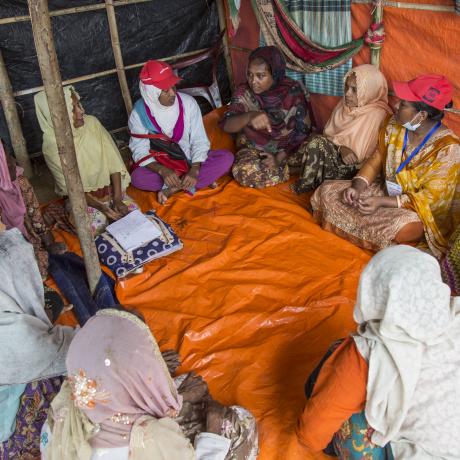ActionAid's feminist research guidelines
This guidance note aims to support ActionAid staff and partners and those interested in how ActionAid does, or commissions, feminist research. It accompanies our ActionAid Research Signature and
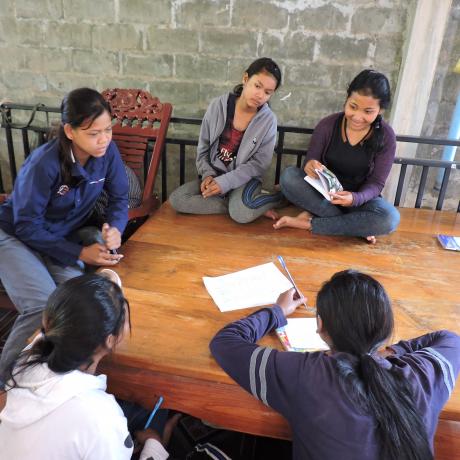
We mean business: protecting women’s rights in global supply chains
This free to download report examines the position of women in global supply chains, particularly in agriculture, and outlines ways in which they must be protected.
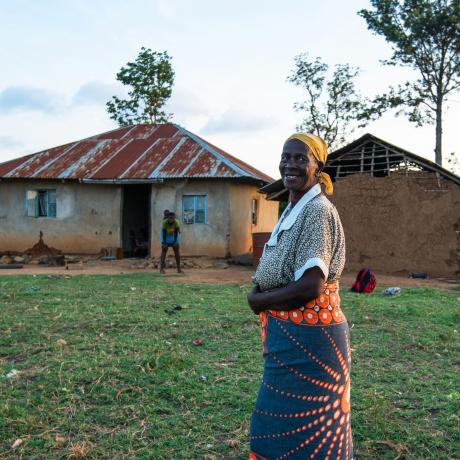
Who Cares for the Future: finance gender responsive public services!
Who cares for the future: finance gender responsive public services! is a landmark report produced by ActionAid looking at the links between financing public services that meet the needs of women and
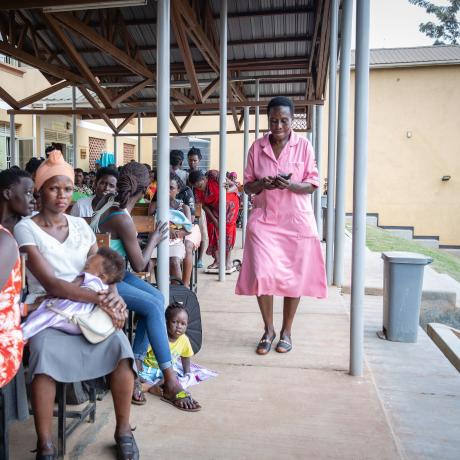
Covid-19: A women-led response
ActionAid research shows how lockdowns and coronavirus restrictions have unleashed a shocking surge in gender-based violence globally.
But while violence is rising, women’s shelters are being shut
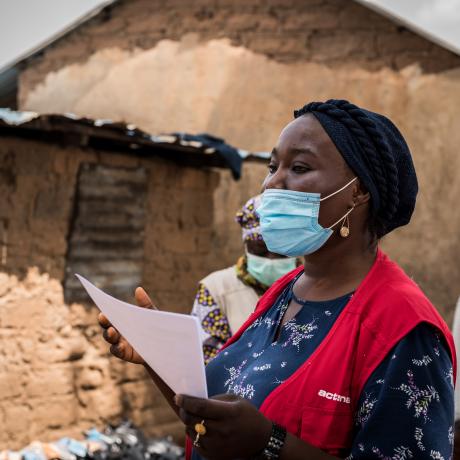
Covid-19 Food Crisis: Monitoring research
ActionAid’s Covid-19 Food Crisis Monitoring research explores how measures to control the pandemic are affecting the lives of women smallholder farmers across 14 countries in Asia and Africa.
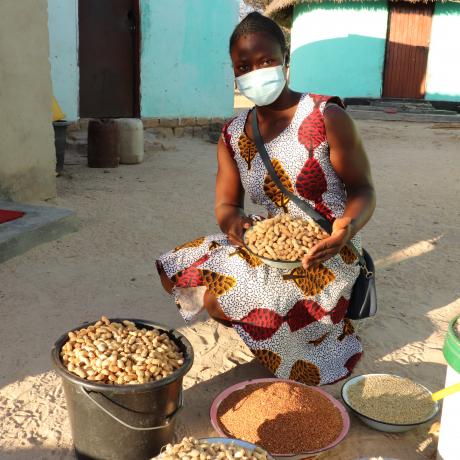
Protecting the labour rights of young workers
Strengthening legal protections against gender based violence at work is particularly important for young workers, 77% of whom are in informal employment.
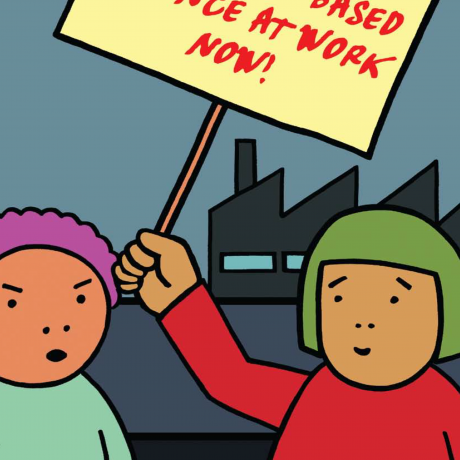
Double jeopardy
Every day, women around the world are making an invaluable contribution to the global economy through paid and unpaid labour. Their work is often poorly paid, invisible and precarious due to
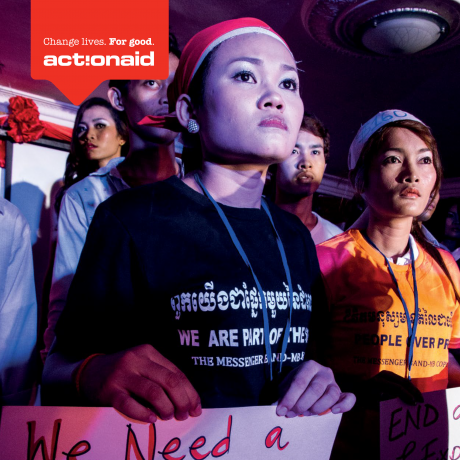
Gender Responsive Public Services and Macro-Economic Policy in Ghana
Improving public services is vital to progress on the fulfilment of girls’ and women’s rights: to education, to health (including sexual and reproductive health services), to water and sanitation, to
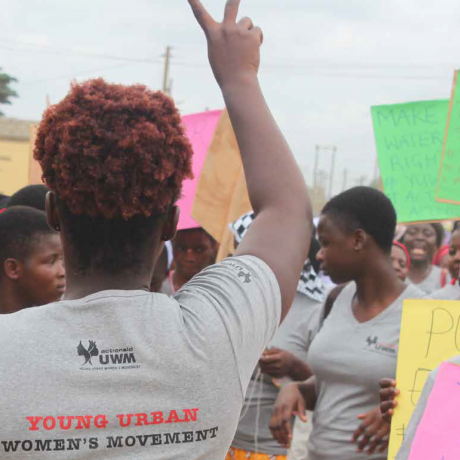
Funding a localised, women-led approach to protection from Gender Based Violence
Disasters, protracted crises and conflicts disproportionately affect women, yet women and their organisations are significantly underrepresented in humanitarian response. While the evidence shows that
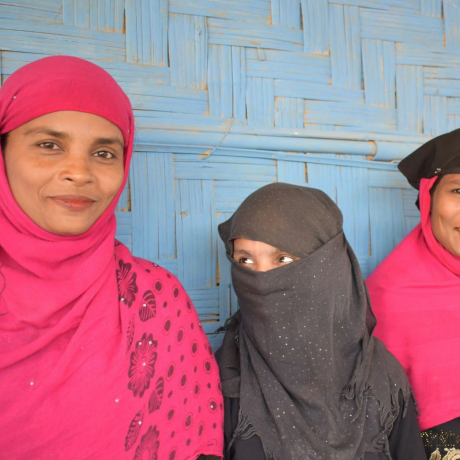
'Making the Local Global' guidance note
Local women leaders must be at the heart of humanitarian work. They are commonly the first responders in any emergency and are most active in prevention and rebuilding after disasters. They should
